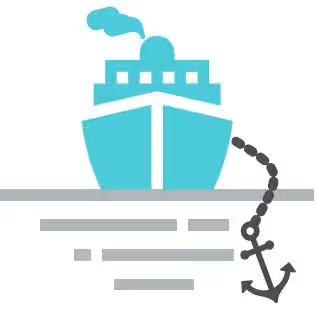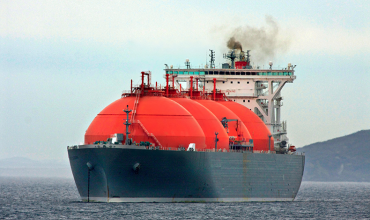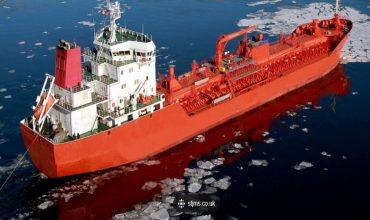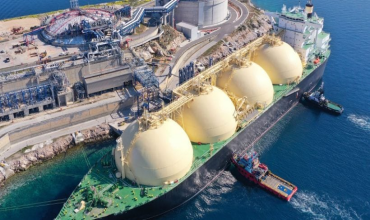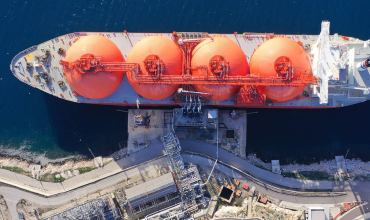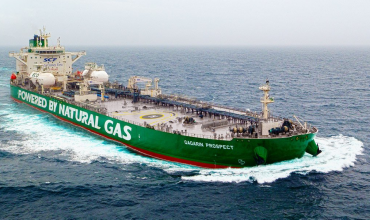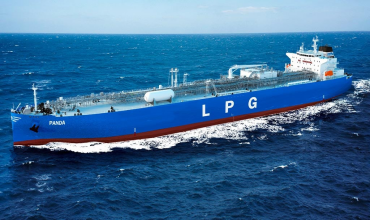Fundamental Principles and Cargo Calculations
The LPG Course on Cargo Operations and Safety establishes its foundation upon the critical discipline of precise cargo calculation. These methodologies are not merely procedural but are essential for ensuring accurate custody transfer, maintaining vessel stability and upholding commercial integrity. Participants will engage with the principles of thermodynamics and fluid dynamics to account for variables such as temperature, pressure and observed density. Mastery of these calculation strategies is a primary learning objective, directly impacting operational efficiency and economic outcomes in the transportation of liquefied gases.
Advanced Handling Protocols and Tank Management
A core component of the LPG Course on Cargo Operations and Safety is dedicated to the specialized handling of diverse chemical cargoes, including Butane, Butadiene and Vinyl Chloride Monomer. The curriculum provides stringent guidelines for managing their unique properties, such as vapor pressure and reactivity, to mitigate risks of polymerization or contamination. This segment thoroughly covers essential tank management techniques, including inerting, purging and temperature control. These procedures are vital for establishing a safe, non-flammable atmosphere within the cargo tanks and for maintaining the product in its specified liquid state throughout the voyage.
Operational Execution and Safety Systems
The LPG Course on Cargo Operations and Safety culminates in the practical application of core operational systems and safety management. This includes an in-depth study of liquid transfer pumps, encompassing their operating principles, performance characteristics and associated equipment. Furthermore, the course clearly delineates the responsibilities of personnel, ensuring a structured command framework and adherence to established best practices. The integration of this knowledge-spanning equipment functionality, procedural adherence and human factors-equips graduates with the comprehensive expertise required for the safe and efficient management of LPG cargo operations.
